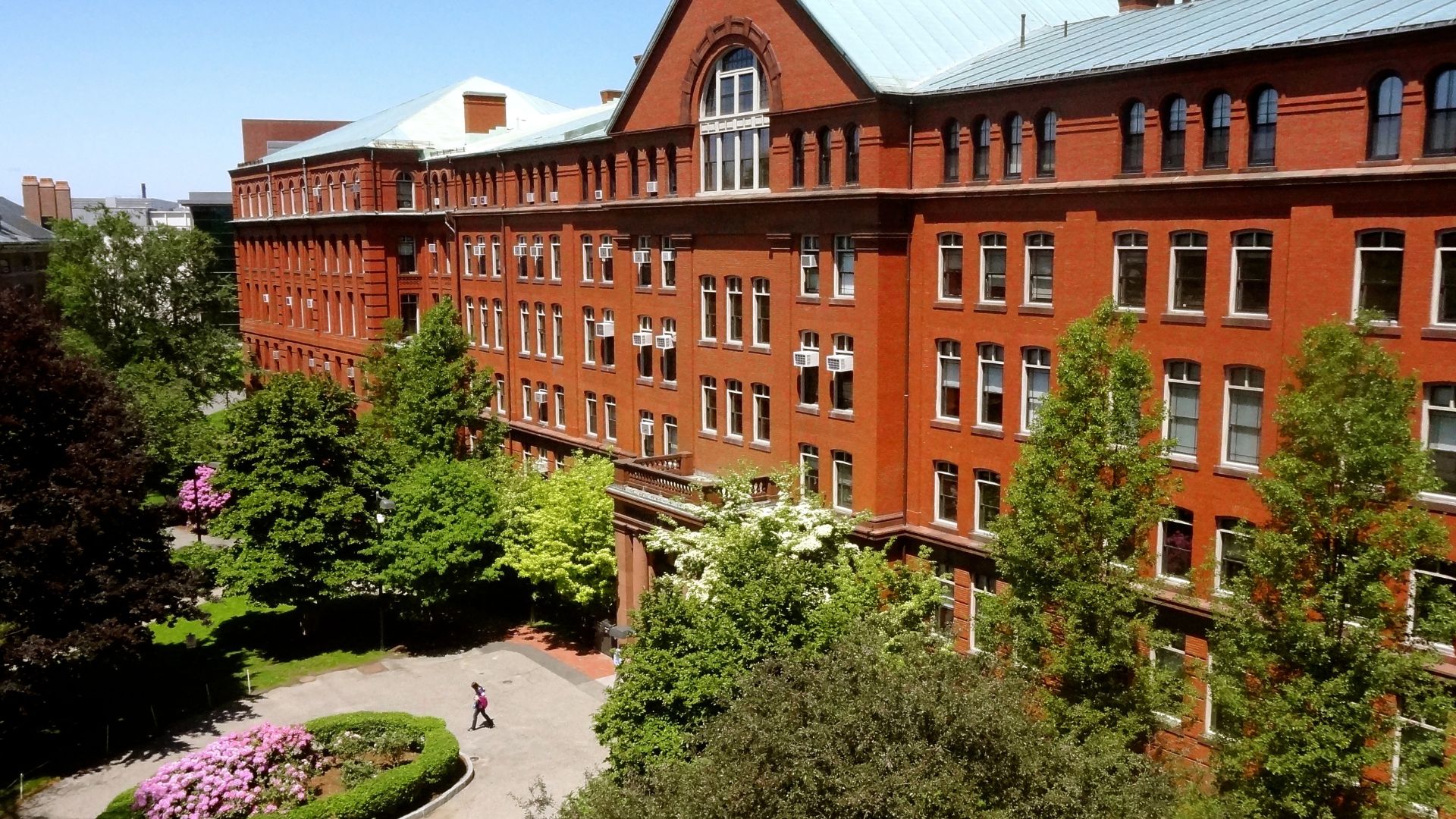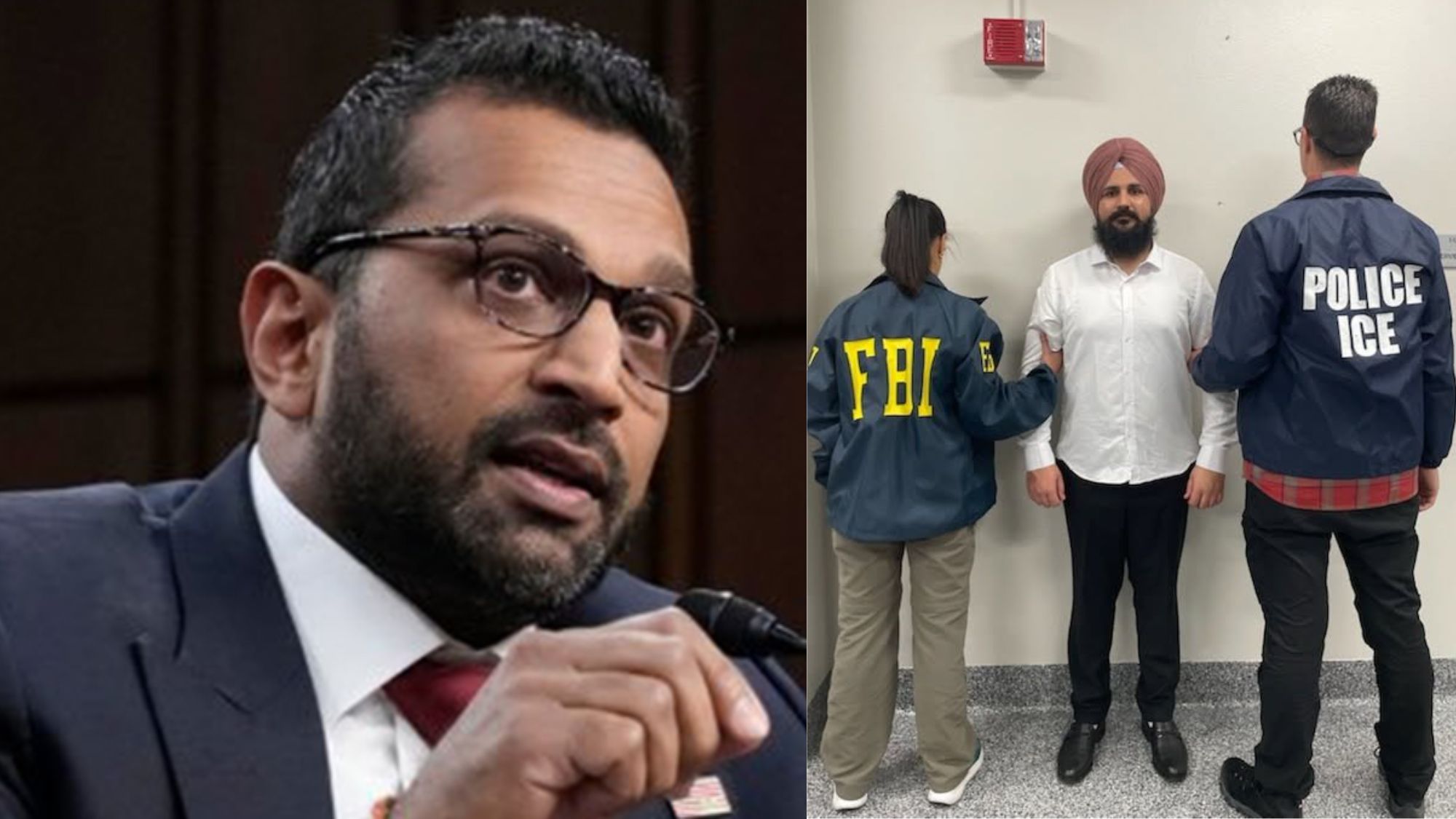CAMBRIDGE, Mass. (Diya TV) — The Department of Homeland Security is threatening to revoke Harvard University’s ability to host international students unless the school complies with a sweeping federal request to hand over disciplinary records of foreign students accused of illegal or violent activities.
In a strongly worded letter sent Wednesday, Homeland Security Secretary Kristi Noem demanded Harvard submit by April 30, 2025, detailed information about international students’ disciplinary histories—including whether they were involved in protests, made threats, or participated in activities deemed to deprive the rights of others. Failure to comply would result in the university’s removal from the Student and Exchange Visitor Program (SEVP), which certifies institutions to enroll students on F-1 and M-1 visas, according to a DHS news release.
“It is a privilege to have foreign students attend Harvard University, not a guarantee,” Noem wrote in the letter, which the agency shared with CNN. The letter accuses the university of fostering a “hostile learning environment” for Jewish students amid pro-Palestinian campus protests and rising tensions following Hamas’s October 7, 2023, attack on Israel.
Harvard, home to 6,793 international students making up over 27% of its 2024–25 student body, has refused to comply with the administration’s escalating demands. The university said it would not surrender its autonomy or constitutional rights. “The University will not surrender its independence or relinquish its constitutional rights,” Harvard President Alan Garber said in a statement earlier this week.
The federal government has also frozen $2.2 billion in funding to Harvard and canceled two grants totaling $2.7 million. According to CNN, one of those grants was linked to a violence prevention study that DHS claims “branded conservatives as far-right dissidents.” The other supported public health initiatives DHS labeled “propaganda.” Noem declared Harvard “unfit to be entrusted with taxpayer dollars.”
On top of these measures, the Internal Revenue Service is reportedly exploring rescinding Harvard’s tax-exempt status, two sources familiar with the matter told CNN.
Noem’s letter followed Harvard’s refusal to meet a series of demands from the Trump administration. These include eliminating diversity, equity, and inclusion (DEI) programs, banning masks at protests, implementing merit-based hiring and admissions, and reducing the influence of faculty and administrators seen as ideologically biased.
A Harvard Crimson report revealed that at least 12 current students and recent alumni have already had their visas revoked. The publication also reported that Harvard is among the first elite universities to publicly rebuke these federal directives. Other institutions such as Princeton, Cornell, and Northwestern have also had federal funding paused.
While SEVP certification affects students on F-1 and M-1 visas, it does not directly impact those on J-1 visas, which are overseen by the U.S. State Department. Still, losing SEVP status could force thousands of international students to transfer or leave the country if the university cannot resolve its certification status.
The DHS action is part of a broader Trump administration effort to address what it describes as antisemitism and radical ideologies on college campuses. Critics, including Harvard’s leadership, say the federal actions overreach executive authority and undermine constitutional protections for free speech and academic independence.
“Harvard will continue to comply with the law and expects the Administration to do the same,” a university spokesperson said in a statement Wednesday. “If federal action is taken against a member of our community, we expect it will be based on clear evidence, follow established legal procedures, and respect the constitutional rights afforded to all individuals.”
As the April 30 deadline looms, the standoff between Harvard and the Trump administration could have significant implications not only for the university’s international population but also for the broader higher education landscape in the U.S.




